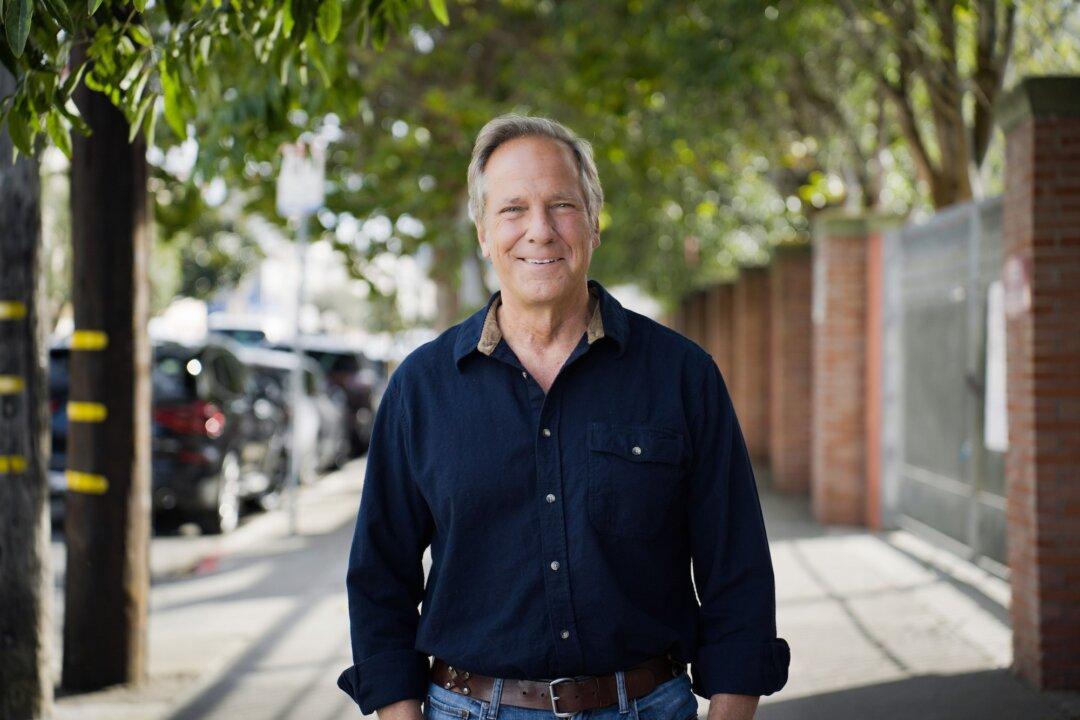In a recent episode of “American Thought Leaders,” host Jan Jekielek and Mike Rowe discuss opportunities in the trades, the lack of skilled workers, work ethic, and the meaning of a productive life. Mr. Rowe is the Emmy award-winning host and producer of the TV Series “Dirty Jobs” and founder and CEO of the mikeroweWORKS Foundation.
Jan Jekielek: Mike, you’ve said something that a lot of people found controversial. You said that you shouldn’t follow your passion.






